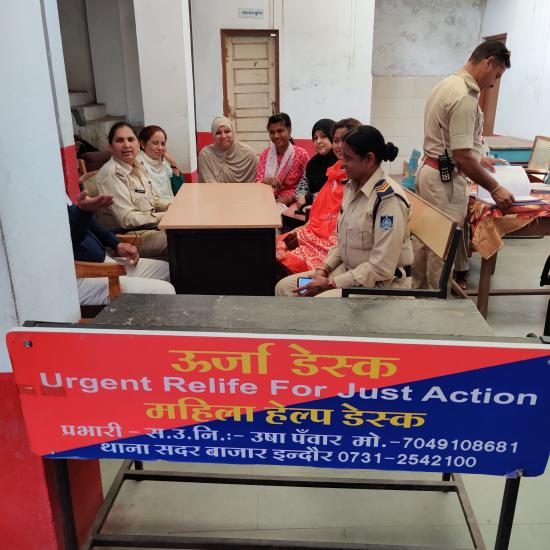Published on 8 July in Science, the findings suggest potential of gender-targeted police reforms in tackling crimes against women.
New research* from Akshay Mangla, Associate Professor in International Business at Oxford Saïd, has found that case registration of crimes against women in India increases significantly in police stations with dedicated women’s help desks (WHDs).
The study, co-authored with Dr. Sandip Sukhtankar and Dr. Gabrielle Kruks-Wisner from the University of Virginia, took place in Madhya Pradesh (MP), India, and involved the largest randomised controlled trial with a police agency to date. Of the 180 stations studied, those with WHDs registered 14.1% more cases of crimes against women, than those without.
India, which in a 2018 poll was named the 'most dangerous country in the world to be a woman', currently ranks 140 out of 156 countries on international measures of gender inequality, and is home to some of the world’s highest rates of gender-based violence (GBV). An estimated four in ten women in India report having experienced domestic violence in their lifetimes.

